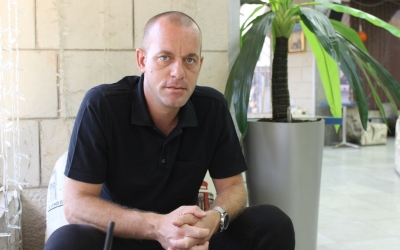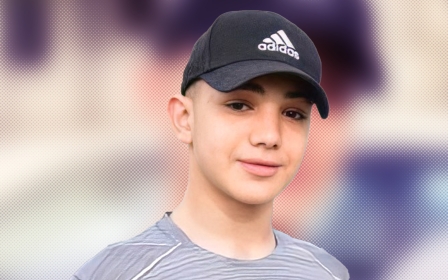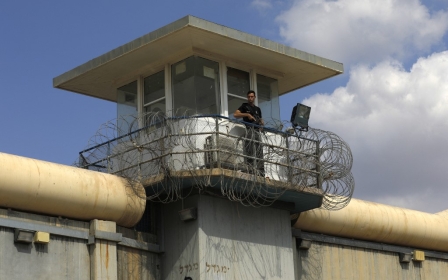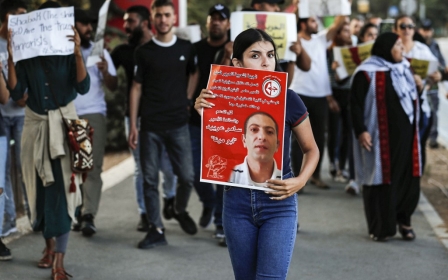How long will I go on being number 1124052?
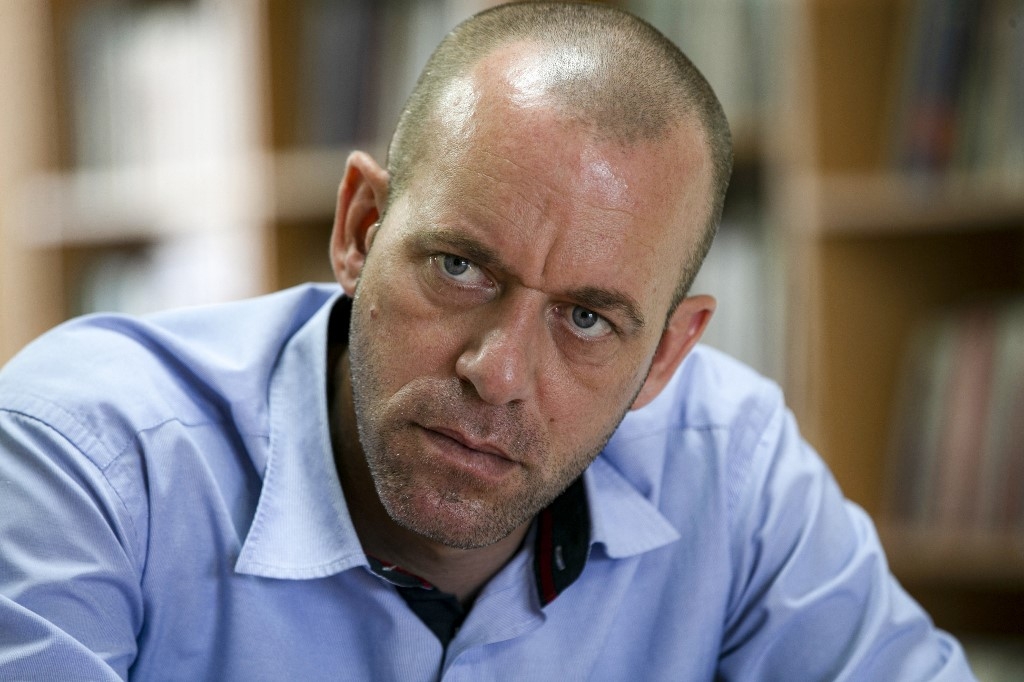
Ofer Prison, Israel, July 2022
When will we stop being numbers? For 21 years, I’ve been number 1124052. Israeli “penitentiary services” use this number to define me, even today. The number has stuck to me since I was first incarcerated in 2001, though I was still a child.
For people like me who have been repeatedly detained, it is a barcode of sorts; a numerical series that marks you as nothing more than prison fodder, a human commodity to be consumed with each new interrogation in each new detention centre, in times of war and peace, during the Oslo negotiations and in the wake of the intifada.
For prisoners like us, the world comes to a standstill the moment we are incarcerated
This is a permanent fixture of the Israeli occupation, which neither sees us nor treats us as human beings with the same rights to liberty as any other free person. Instead, it does its utmost to keep our pseudo-lives in check, when we, Palestinians, are not being kept behind prison walls.
Between prison terms, we are forced to snatch little moments of happiness, while fearing the fickleness of life’s pleasures. We no longer dare plan for an increasingly remote future, for fear of disappointment, of the next blow to come. We are weighed down by anxiety and uncertainty, as are the people to whom we are closest.
A reality made of dreams
By some ironic twist of fate, our dreams gain in momentum and power the minute we set foot in prison. First, we grieve the moments of joy and happiness we failed to appreciate while living on the outside.
Later, our dreams begin to overlap with memories of the world left behind, and we find ourselves imagining that the waking dreams that inhabit us will blend, upon our release, with the real world outside. The only possible explanation is that, for prisoners like us, the world comes to a standstill the moment we are incarcerated. This is why we build these imaginary worlds - a reality made of dreams.
But what hurts most is knowing that no matter how big our dreams are, our lives will only grow smaller. Our dreams of freedom - of spouses, families and friends - come up against this bitter truth.
That’s when reality hits home: the only thing a prisoner can look forward to is being forgotten for a few minutes by the guard when 6pm lock-up comes around, or to hear a snatch of a song on the radio that reminds us of happier days beyond the prison walls.
For a human being, prison is a place like no other. It breaks your spirit and crushes your dreams, aspirations and hopes, the way olives are crushed by the olive press.
A one-sided affair
The ultimate abomination of prison is the perpetual state of waiting, amplified by the prison walls. Little by little, the waiting wears down the mind, the same way the effects of global warming deplete the planet’s resources in the world outside.
And yet, the question on my mind these days is this: If the waiting weighs so heavily on me here - with my homeland, freedom, and native city, Jerusalem, a mere few miles away - what would it feel like had I been forced into exile far from home?
Real life is not about waiting at the station for the freedom train to pull in. It is about being on the train itself, regardless of the sacrifice
I know that loving one’s country is a one-sided affair; a love that brings nothing but pain, suffering and loss. It robbed me of the best years of my life. It robbed me of my adolescence and my youth, and it forced me to grow old far too soon. Even so, I love my country and have given it everything I have. Yet still it will ask: “What more can you give?”
Most people think this is a raw deal, and perhaps rightly so. But for me, real life is not about waiting at the station for the freedom train to pull in. It is about being on the train itself, regardless of the sacrifice.
This article has been translated from the MEE French edition.
The views expressed in this article belong to the author and do not necessarily reflect the editorial policy of Middle East Eye.
Editor’s note:
Salah Hamouri is a French-Palestinian lawyer, human rights defender and researcher with the Palestinian prisoners’ rights NGO Addameer. He has been detained by Israeli authorities since 7 March, when he was arrested at his home in the Kufr Aqab neighbourhood of occupied East Jerusalem. On 5 June, his incarceration was extended for three months, though no formal charges have been made against him. His file is classified.
Hamouri is being held in administrative detention, a policy that allows Israel to hold a person without trial or charge indefinitely. Hamouri had already spent significant time in administrative detention in 2017-18, and was previously jailed from 2005-11, convicted in an Israeli court of plotting to assassinate an Israeli political and religious leader.
Since September 2020, Israeli authorities have been taking steps to revoke his permanent resident status in Jerusalem for “breach of allegiance” to the state of Israel over his alleged membership in the Popular Front for the Liberation of Palestine.
The French foreign ministry says it is closely monitoring Hamouri’s situation, calling for him to be allowed to live freely in Jerusalem, his birthplace and home, and to receive visits from his wife and children.
Middle East Eye propose une couverture et une analyse indépendantes et incomparables du Moyen-Orient, de l’Afrique du Nord et d’autres régions du monde. Pour en savoir plus sur la reprise de ce contenu et les frais qui s’appliquent, veuillez remplir ce formulaire [en anglais]. Pour en savoir plus sur MEE, cliquez ici [en anglais].



